At BestHeartSurgery.com, we are dedicated to providing our readers with authoritative and well-researched information about heart surgery and cardiac care. Our publications cover a wide range of topics, from the latest research and medical breakthroughs to expert opinions and real-world case studies. Whether you are a patient, caregiver, or healthcare professional, our comprehensive library of publications will keep you informed about the latest developments in heart surgery and heart health.
Advanced imaging techniques have revolutionized heart surgery by providing surgeons with more detailed and accurate views of the heart and its structures. Technologies such as 3D echocardiography, cardiac MRI, and CT angiography allow for precise planning and execution of complex procedures, reducing the risk of complications and improving patient outcomes. These tools help surgeons visualize heart defects, assess the severity of conditions, and ensure precise interventions, leading to shorter recovery times, fewer complications, and better overall results for patients undergoing heart surgery.
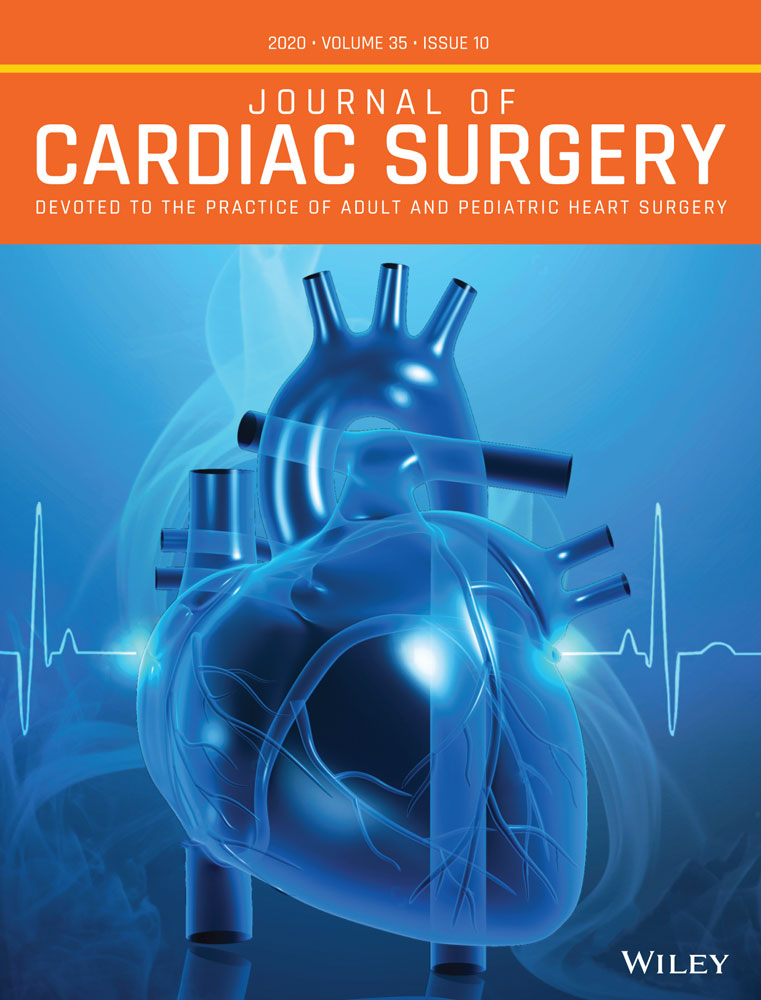
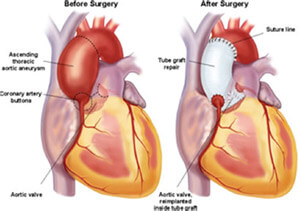
A groundbreaking valve replacement procedure has transformed the life of a 75-year-old patient suffering from severe aortic stenosis. Utilizing the minimally invasive Transcatheter Aortic Valve Replacement (TAVR) technique, the surgery was performed without the need for traditional open-heart surgery. The procedure involved threading a new valve through a catheter to replace the damaged valve, allowing for faster recovery and fewer complications. The patient experienced a significant improvement in heart function, mobility, and overall quality of life, marking a revolutionary advancement in elderly cardiac care.
By 2030, heart surgery is expected to be transformed by advancements in technology, according to leading cardiologists. Minimally invasive procedures will become the standard, with robotic-assisted surgeries and 3D printing of heart valves reducing recovery times and improving precision. AI-driven diagnostics will enable earlier detection and personalized treatment plans, while gene therapy and stem cell treatments could offer non-surgical solutions for heart disease. These innovations will lead to safer, more efficient surgeries, enhancing patient outcomes and revolutionizing the field of cardiac care.

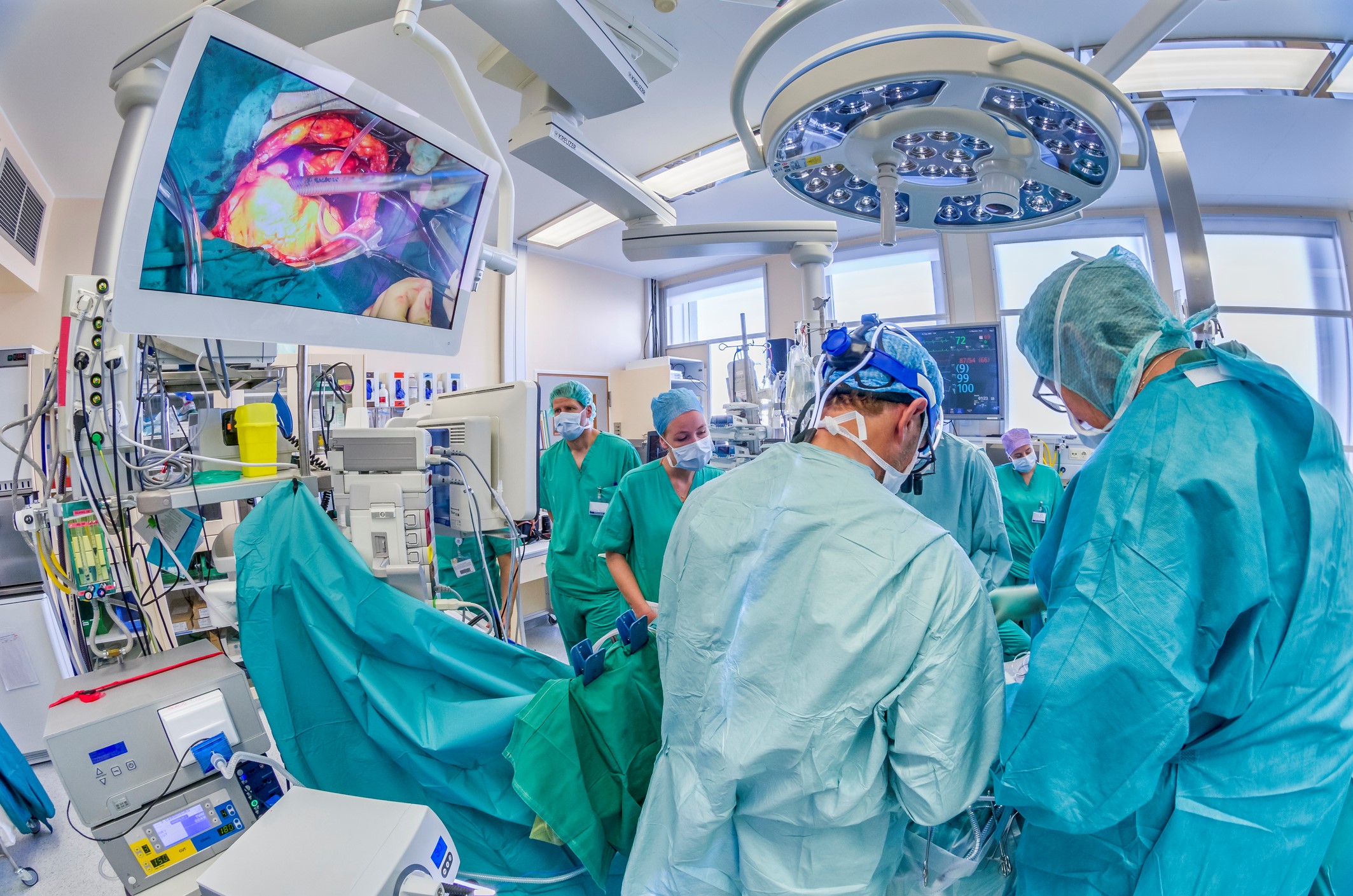
A newly FDA-approved heart stent is poised to revolutionize the treatment of blocked arteries. This advanced stent features cutting-edge design and drug-eluting technology, reducing the risk of restenosis (re-narrowing of arteries) and improving long-term outcomes for patients with coronary artery disease. Its flexible structure allows for easier insertion during minimally invasive procedures like angioplasty, enhancing both safety and effectiveness. Cardiologists believe this new stent will significantly lower complication rates and provide more durable results, marking a major leap forward in cardiovascular care.
Effective post-operative care is critical for a successful recovery after heart surgery. Key practices include closely monitoring vital signs, adhering to prescribed medications, and attending follow-up appointments with the healthcare team. Patients should engage in cardiac rehabilitation, which includes supervised physical activity to regain strength, and adopt a heart-healthy diet. Managing pain, practicing good wound care, and watching for signs of infection or complications are also essential. Emotional support and addressing mental health, such as anxiety or depression, are equally important for a smooth and holistic recovery.
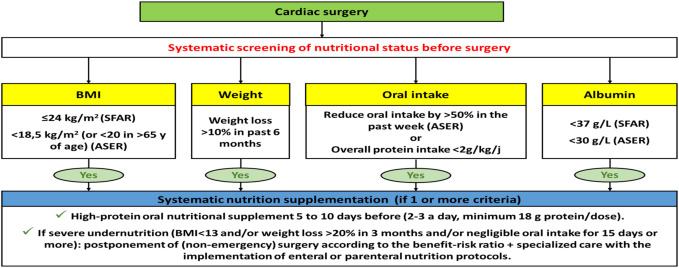
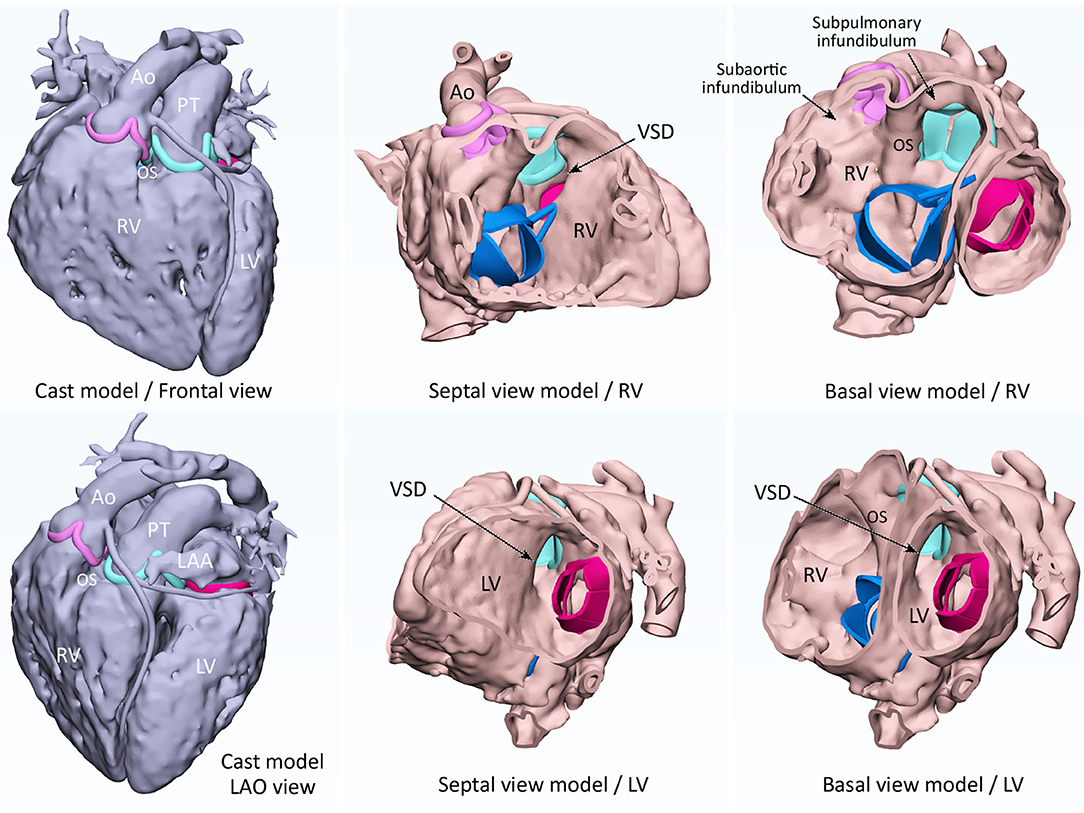
Artificial Intelligence (AI) is playing an increasingly pivotal role in minimally invasive heart surgery, offering precision, real-time insights, and predictive analytics. AI-driven tools enhance surgical planning, assist with robotic procedures, and improve decision-making during complex operations. These advancements reduce recovery times and minimize risks. However, challenges such as the need for robust data, integration with existing systems, and ensuring patient safety must be addressed. The opportunities AI presents, including personalized treatment plans and enhanced surgical outcomes, signal a promising future for cardiac care.
A collaborative report between Cleveland Clinic Heart, Vascular & Thoracic Heart Institute and leading cardiac experts highlights the remarkable outcomes of robotic heart surgery. The report reveals improved precision, reduced recovery times, and fewer complications compared to traditional methods. Robotic-assisted surgeries offer enhanced dexterity and accuracy, especially in delicate procedures such as valve repair and coronary artery bypass. Patients experienced faster recovery with minimal scarring, and the success rates continue to rise, positioning robotic surgery as a transformative approach in modern cardiac care. This partnership showcases the future of heart surgery.
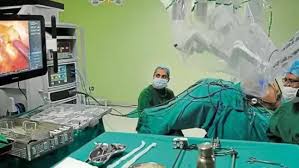
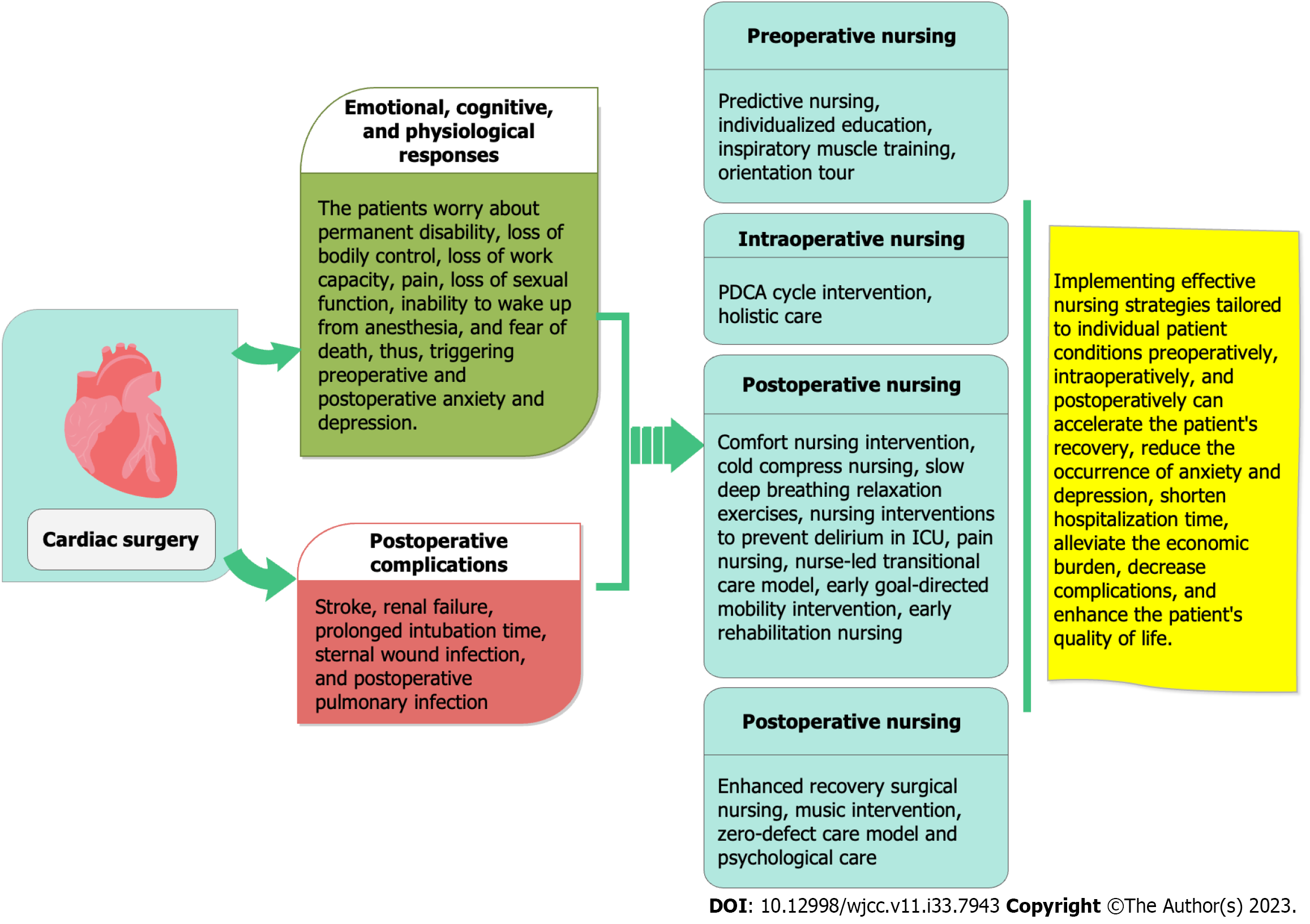
A recent clinical trial evaluated the effectiveness of a new generation of drug-eluting stents designed to treat patients with coronary artery disease. The trial involved 500 participants who were randomly assigned to receive either the new stent or a standard stent. Key findings include:
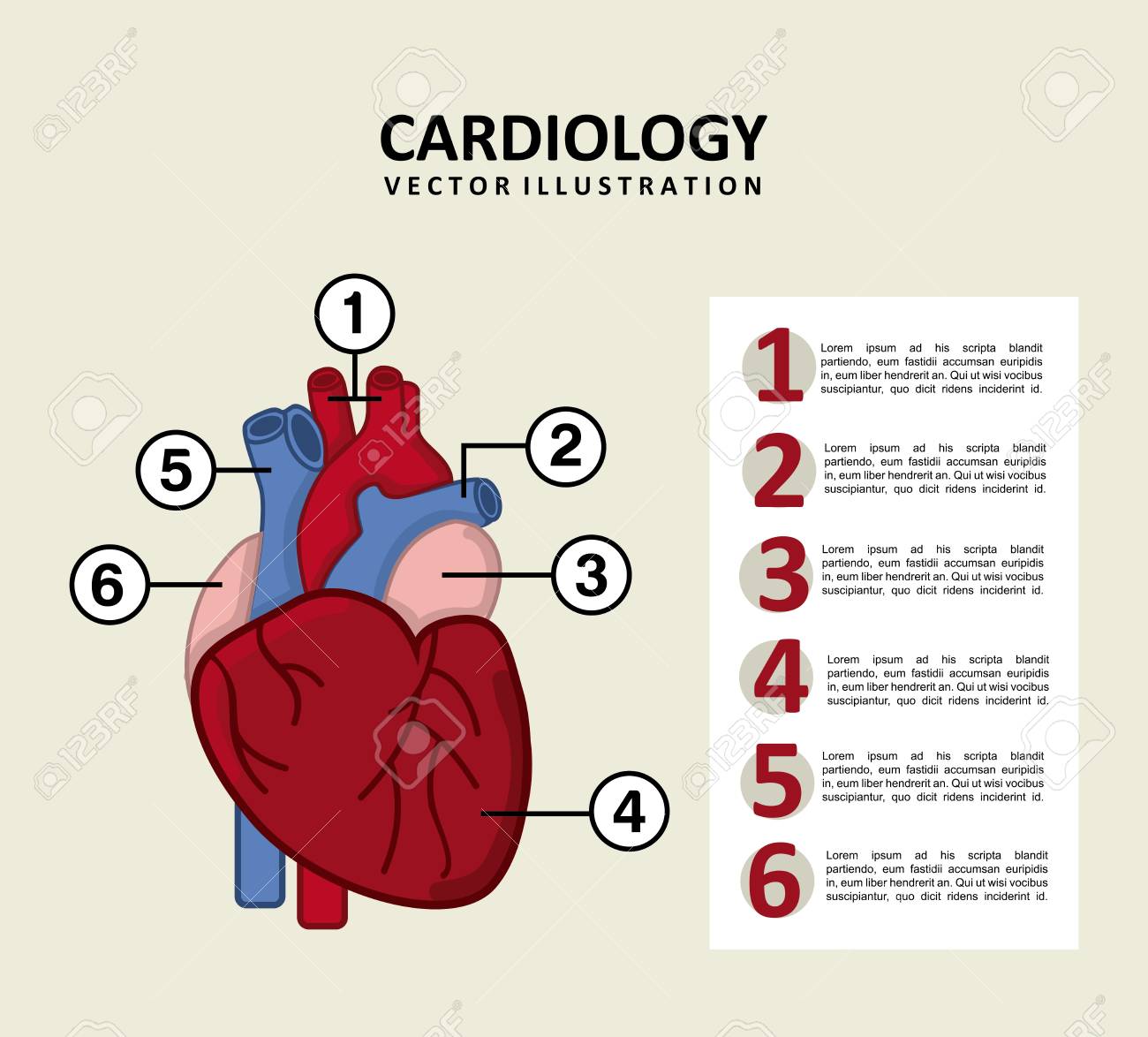

BestHeartSurgery.com is thrilled to announce a strategic partnership with the Leading Global Cardiology Institute. This collaboration aims to enhance patient access to top-tier cardiac care by combining BestHeartSurgery.com’s expertise in heart surgery with the Institute’s cutting-edge research and treatment methods. Together, they will work towards advancing heart disease treatments and improving patient outcomes worldwide. This partnership reflects a shared commitment to excellence in cardiac care and innovation.